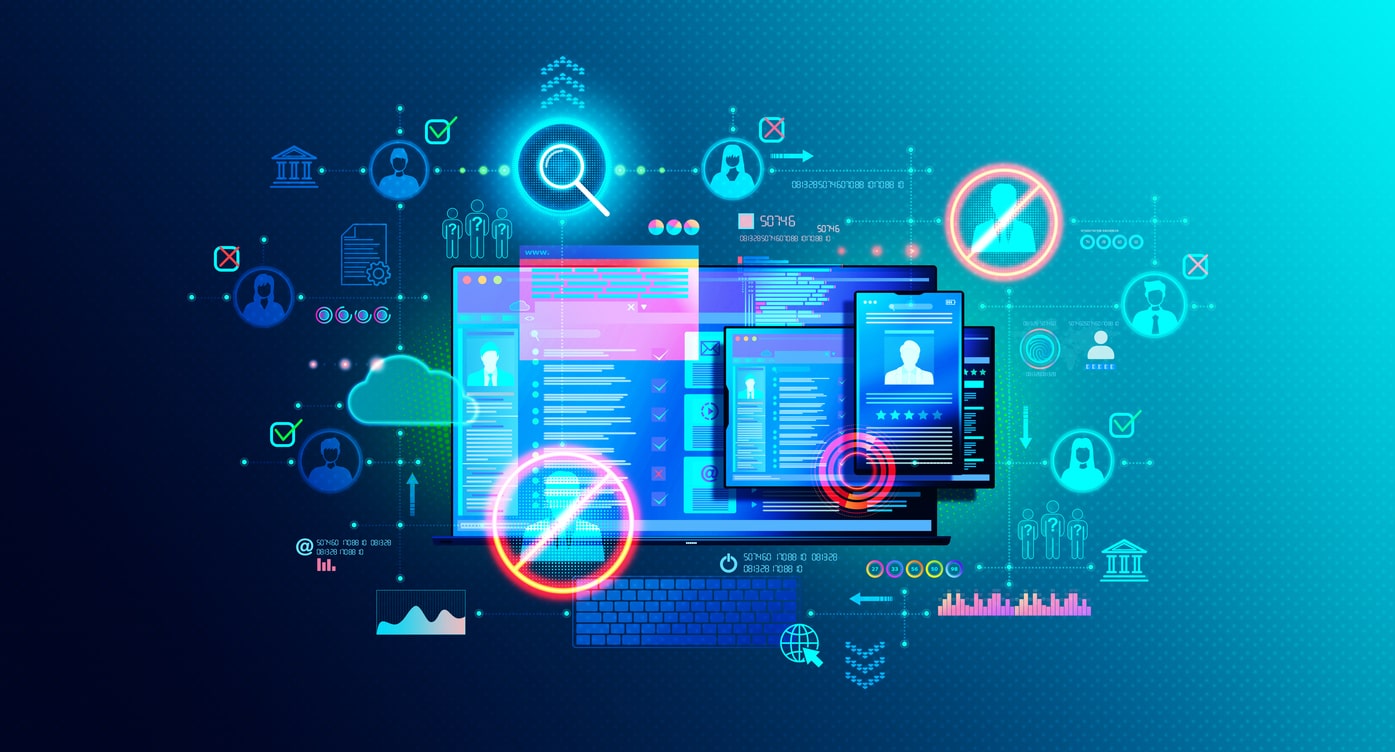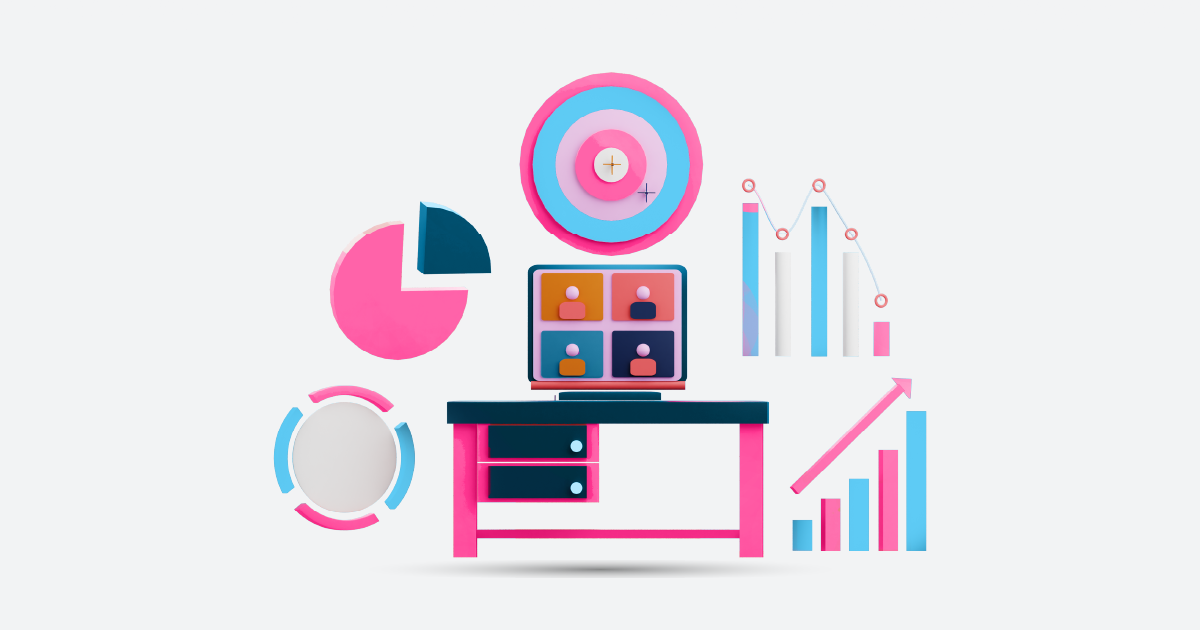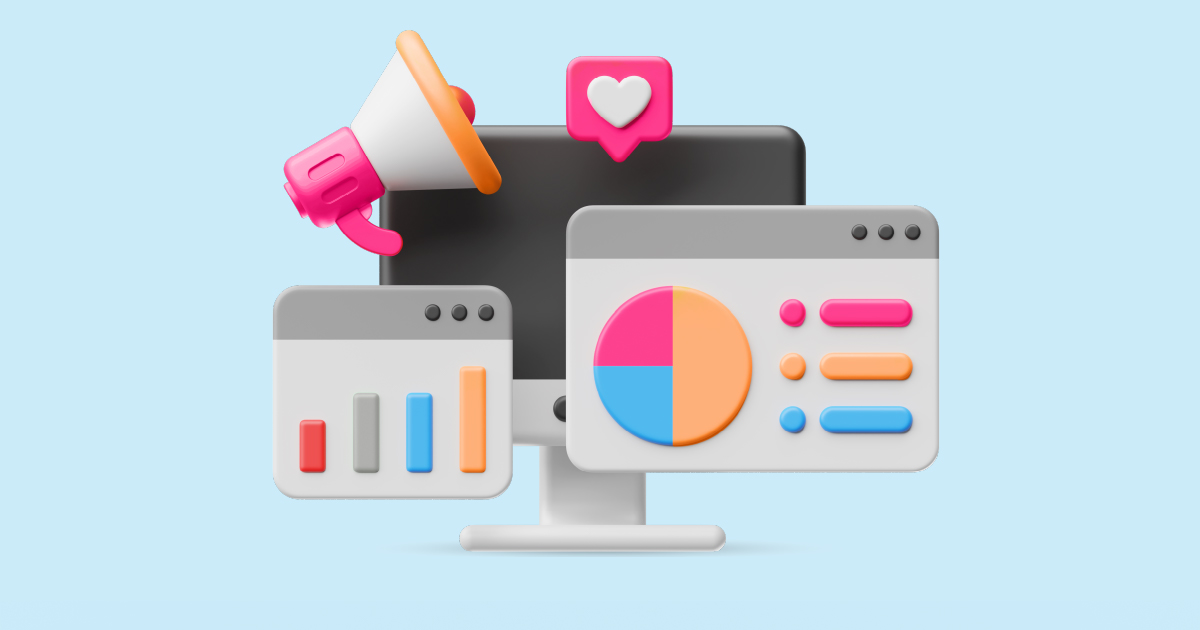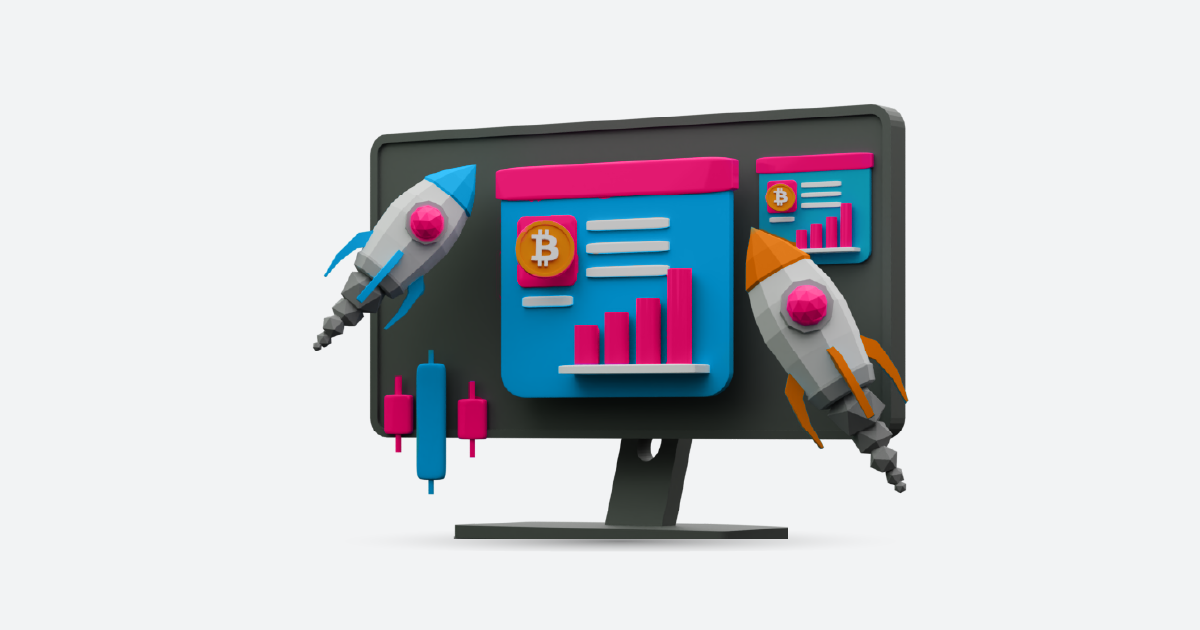In today’s digital age, social media has become an integral part of our lives. For businesses, it serves as a valuable platform for connecting with customers, building brand awareness, and driving sales. However, managing multiple social media channels can be overwhelming without proper monitoring. In this article, we will explore various social media monitoring examples that can help businesses enhance their online presence and stay ahead of the competition.
Social Media Monitoring Examples: Boosting Your Brand’s Online Presence

1. Real-time Social Media Listening
One of the key aspects of social media monitoring is real-time social media listening. Brands can use advanced tools to track mentions of their products or services across various platforms. By analyzing these mentions in real-time, businesses can respond promptly to customer feedback, address concerns, and build positive relationships.
2. Sentiment Analysis
Understanding the sentiment behind social media mentions is crucial. Sentiment analysis tools can determine whether a mention is positive, negative, or neutral. By gauging the sentiment, businesses can tailor their responses accordingly. Positive feedback can be acknowledged with gratitude, while negative comments can be addressed empathetically, showing the brand’s commitment to customer satisfaction.
3. Competitor Analysis
Social media monitoring allows businesses to keep an eye on their competitors. By analyzing competitors’ social media strategies, businesses can identify what works well in their industry. They can learn from successful campaigns and avoid mistakes made by others, thereby refining their social media strategies.
4. Content Performance Tracking
Monitoring the performance of social media content is essential for optimizing marketing efforts. Businesses can track the engagement metrics of their posts, such as likes, shares, comments, and click-through rates. By analyzing the best content, they can create more of what resonates with their audience, increasing engagement and brand loyalty.
5. Customer Feedback Analysis
Social media platforms are a goldmine of customer feedback. By monitoring customer comments and reviews, businesses can gain valuable insights into their products or services. Analyzing this feedback helps in identifying areas of improvement, addressing customer pain points, and enhancing overall customer satisfaction.
6. Influencer Partnership Tracking
Many businesses collaborate with influencers to expand their reach. Social media monitoring tools enable businesses to track the performance of influencer partnerships. By analyzing metrics such as follower growth, engagement rates, and audience demographics, businesses can assess the effectiveness of influencer collaborations and make data-driven decisions for future partnerships.
7. Crisis Management
Social media monitoring plays a crucial role in crisis management. By detecting negative mentions and potential PR crises early on, businesses can take swift action to mitigate the damage. Timely responses and transparent communication can help preserve the brand’s reputation and customer trust.
Conclusion
In conclusion, social media monitoring is an indispensable tool for businesses aiming to thrive in the digital landscape. By employing real-time social media listening, sentiment analysis, competitor analysis, content performance tracking, customer feedback analysis, influencer partnership tracking, and crisis management strategies, businesses can enhance their online presence, foster positive relationships with customers, and stay ahead in the competitive market.
To experience the power of advanced social media monitoring firsthand, request a demo from AIM Technologies today. Discover how our cutting-edge solutions can transform your social media strategy and elevate your brand to new heights.
FAQs
Q1: Why is social media monitoring important for businesses?
- Social media monitoring is crucial for businesses because it allows them to track customer feedback, analyze competitors, measure content performance, and manage crises effectively. It helps in making informed decisions, improving brand reputation, and increasing customer satisfaction.
Q2: How often should businesses monitor their social media channels?
- Businesses should monitor their social media channels regularly, preferably daily. Real-time monitoring allows them to address customer concerns promptly, engage with their audience, and stay updated on the latest trends and conversations within their industry.
Q3: Can social media monitoring tools be customized according to specific business needs?
- Yes, many social media monitoring tools offer customization options. Businesses can tailor these tools to focus on specific keywords, hashtags, or social media platforms. Customization ensures that businesses receive relevant data and insights tailored to their unique requirements.
Q4: Are there free social media monitoring tools available for small businesses?
- Yes, there are free social media monitoring tools available, although they may have limitations compared to paid versions. Small businesses can start with free tools to get a basic understanding of social media monitoring. As their needs grow, they can consider upgrading to paid plans for more comprehensive features.
Q5: How can social media monitoring help businesses improve their marketing strategies?
- Social media monitoring provides businesses with valuable data on customer preferences, competitor activities, and content performance. By analyzing this data, businesses can refine their marketing strategies, create targeted campaigns, and deliver content that resonates with their audience, leading to increased engagement and conversions.




